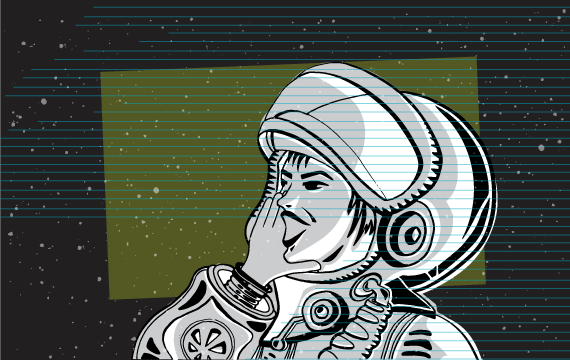A basis of awareness is the PERSPECTIVE OF THOSE AFFECTED and the focus on those affected. What does that mean? The perspective of those affected means that those affected by discrimination and/or (sexualized) violence know what it means to have experienced this discrimination and/or (sexualized) violence.

They know how it feels, what it has done and is doing to them and what impact it has had and is having on them and their lives.
This perspective is the basis for considering discrimination and/or (sexualized) violence and serves to develop and align needs in order to create improvement and change.
This approach differs from other approaches, such as medical approaches or approaches by specialized women or anti-violence counseling centers, which rely more on professional knowledge in the sense of specialist knowledge, specialist degrees, research and scientific nature. Developed by stakeholders and allies in social movements such as the queer feminist movement, the awareness approach relies more heavily on knowledge created in these movements through experience, reflection and classification. It is not just about taking the individual experience as a starting point, but about the fact that those affected have similar experiences, that they reflect on them alone and in the collective/in the group and classify them. It is also important with this approach that the power of interpretation remains with those affected and their allies.
Focusing on those affected is about the fact that when specific discrimination and/or (sexualized) violence has happened, the wishes, demands and interests of those affected are given priority.

It's about making those affected feel better, empowering and empowering people to do what they need to get better. This also includes offering them support or pointing out where people can get support if they want it.
In reality, unfortunately, it is often the case that the environment or the people who have noticed the discrimination or (sexualized) violence are not partial to those affected in the first step. Many are overwhelmed, look away, think they are not responsible, feel defensive or even find it disturbing that those affected raise their voice and that problems become visible. Some people therefore first take care of a thousand other things or want processes to continue undisturbed and ignore the fact that action has to be taken. It is very fundamental that when discrimination or (sexualized) violence has happened, the people affected are thought of first and what they need, within the scope of what is possible, to make them feel better.
See Ann Wiesental, Antisexistische Awareness – Ein Handbuch, Unrast Verlag
Selected Works

Geschichte und GründungGrundlagen

History and foundationBasics

Parteinlichkeit und DefinitionsmachtGrundlagen

KonsensAwareness im Alltag

ConsentAwareness in everyday life

Kritische MännlichkeitAwareness im Alltag

Critical masculinityAwareness in everyday life

Strukturelle Gewalt an FLINTA*-PersonenGrundlagen

Structural violence against FLINTA* peopleAwareness in everyday life
